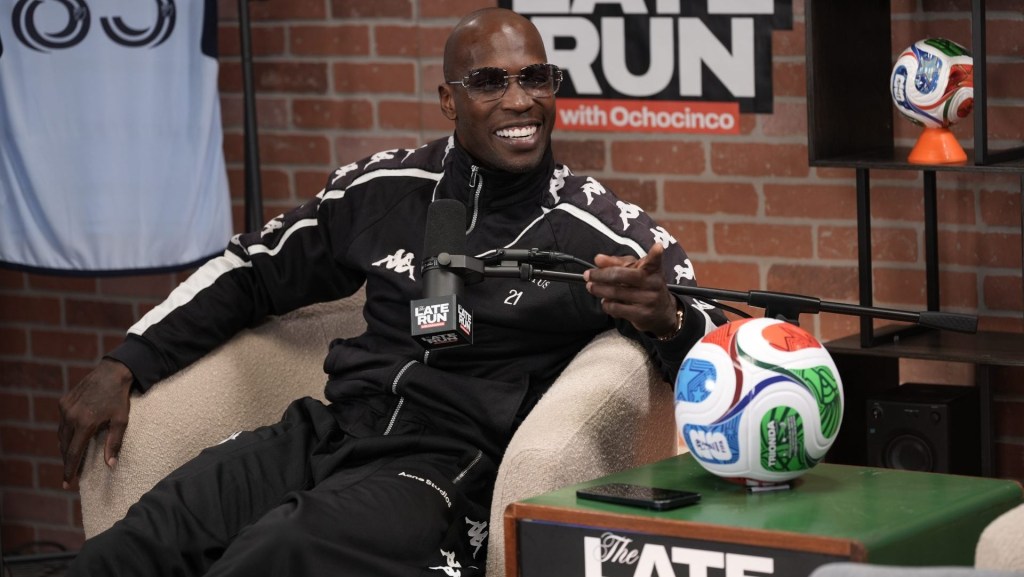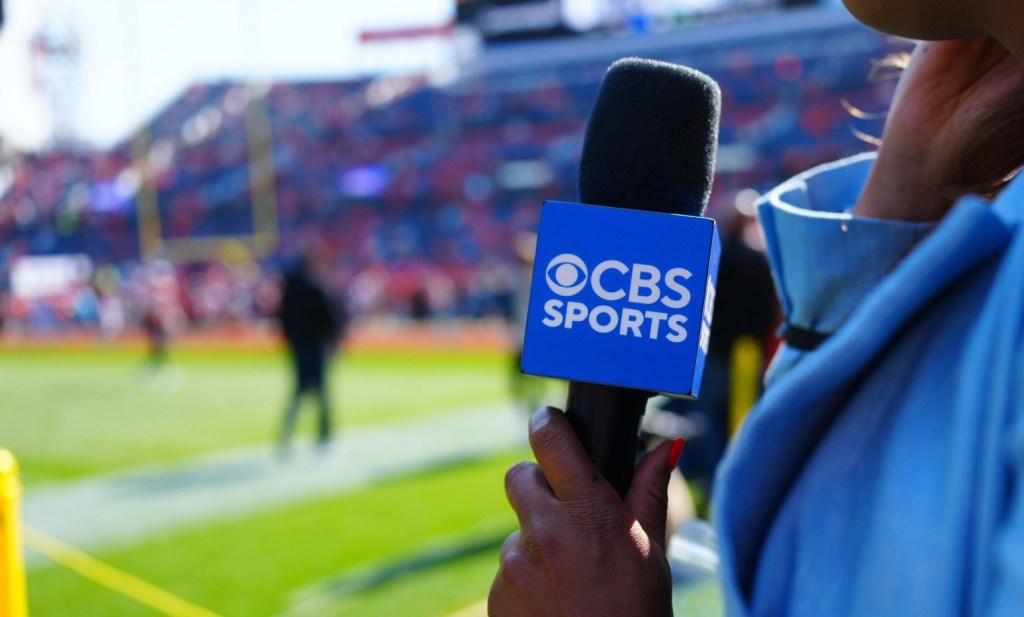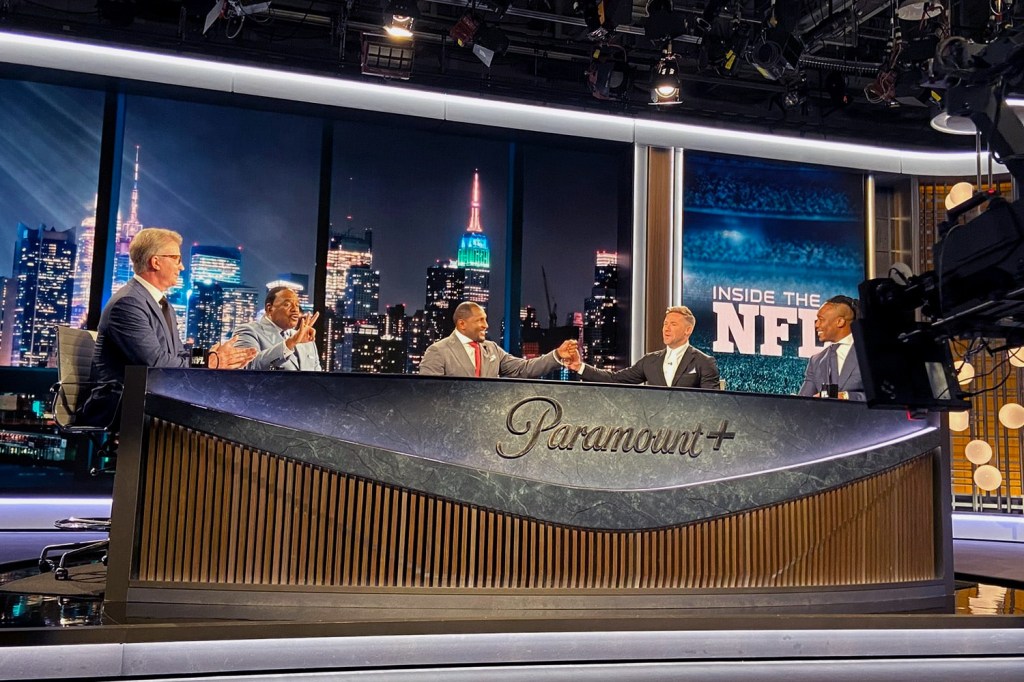The NFL’s addition of two new Wild Card games could prove to be an advertising windfall for broadcasters.
Under the new collective bargaining agreement between the league and the players union, the NFL’s Wild Card Weekend will feature triple-headers on Saturday and Sunday rather than the previous doubleheaders.
The new Wild Card game telecasts could generate anywhere from $40 million to $60 million each in ad revenue for the networks showing the games, according to media experts. That should help some NFL TV partners recover following the advertising upheaval triggered by the global coronavirus pandemic.
The NFL has not announced which networks will televise the new Wild Card games. The NFL declined to comment further.
“Each additional wildcard game would generate approximately an additional $60 million,” predicted Adam Schwartz, director of national broadcast at Horizon Media.
Jon Swallen, chief research officer of Kantar Media, estimates this season’s four Wild Card games played January 4-5, 2020 generated average ad revenue of $55 million apiece.
Ad sales for Wild Card telecasts depend on several factors, including game matchups, date and time, and whether the game is shown on broadcast or cable TV.
The league’s Wild Card telecasts averaged ad sales of $39.8 million in 2020 and $35.1 million in 2019, according to James Fennessy, chief executive officer of Standard Media Index, which tracks advertising pricing and data.
For this season’s Wild Card games, Fox’s early Sunday afternoon broadcast of the Vikings’ win over the Saints generated the most ad revenue at $66.6 million. CBS’ primetime Saturday night telecast of the Titans’ victory over the Patriots came in No. 2 with $42.2 million in ad sales.
NBC’s broadcast of the Seahawks late Sunday afternoon win over the Eagles was No. 3 at $38.1 million. ESPN/ABC’s late Saturday afternoon telecast of the Texans win over the Bills drew $12.3 million, according to SMI.
In comparison, the NFL postseason from Wild Card Weekend through the Conference Championship games totaled $840 million in ad sales. On its own, Fox’s telecast of Super Bowl LIV on Feb. 2 generated $462 million, according to Swallen.
READ MORE: ESPN Considering $20 Million Offer To Peyton Manning For Monday Night Football
“It’s safe to say that these two new Wild Card Games will provide roughly $40 (million) per game in revenue next season,” Fennessy said.
The NFL Players Association narrowly passed the new collective bargaining agreement on March 14. The new CBA also cleared the way for a 17-game season as early as 2021.
The signing of the CBA also marked the opening bell for the NFL’s next round of media rights negotiations.
The league currently earns over $5 billion a year in annual rights fees from its TV partners ESPN, CBS, NBC, and Fox.
First up for bid will be ESPN’s “Monday Night Football” contract, which expires after the 2021 season. NBC, CBS, and Fox’s deals for their Sunday Night and Sunday afternoon packages are up after the 2022 season.
On an annual basis, ESPN pays the most at $1.9 billion a year. But currently, Disney’s ESPN/ABC is shut out of the Super Bowl rotation. Disney is expected to bid on at least two NFL packages. If successful, Disney’s expected to air at least one package on its ABC broadcast network.
READ MORE: Coronavirus Could Cost NBA Players $654 Million in Salary
The NFL gets $1.1 billion a year from Fox and $1 billion from CBS for their respective Sunday afternoon NFC and AFC packages. NBC has the best deal, paying only $950 million a year for “Sunday Night Football.” As the only network with the ability to “flex” in better game matchups, NBC’s SNF has ranked as the No. 1 primetime show for nine straight seasons.
After a strong 2019 regular season in which average viewership grew 5% to 16.5 million per game, the league’s expected to ask for significant rights increases.
The TV networks, meanwhile, are trying to retain the most valuable programming in entertainment from tech giants like Google, Twitter, and Amazon, at least for another round of TV deals. NFL game telecasts accounted for 47 of the top 50 and 91 of the Top 100 broadcasts in 2019. All the networks are expected to ask for some SNF-like flexible scheduling for future packages.


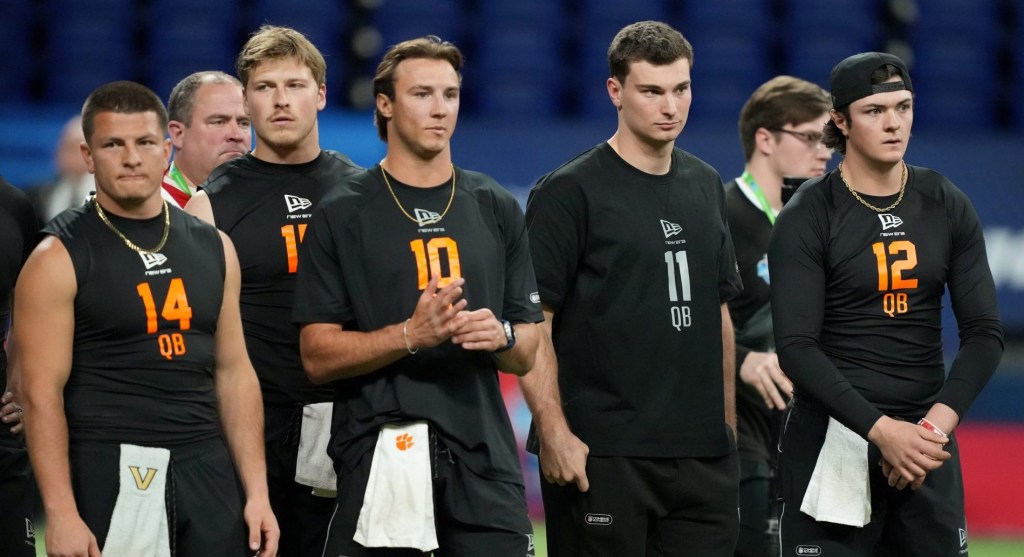
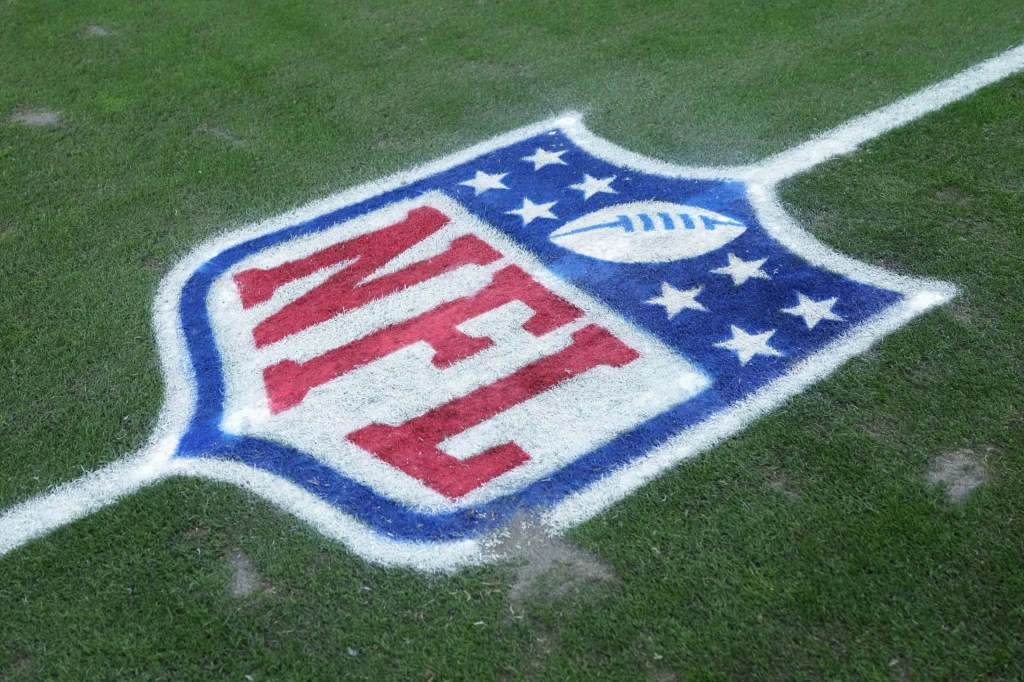

![[Subscription Customers Only] Jun 15, 2025; Seattle, Washington, USA; Botafogo owner John Textor inside the stadium before the match during a group stage match of the 2025 FIFA Club World Cup at Lumen Field.](https://frontofficesports.com/wp-content/uploads/2026/02/USATSI_26465842_168416386_lowres-scaled.jpg?quality=100&w=1024)
![[Subscription Customers Only] Jul 13, 2025; East Rutherford, New Jersey, USA; Chelsea FC midfielder Cole Palmer (10) celebrates winning the final of the 2025 FIFA Club World Cup at MetLife Stadium](https://frontofficesports.com/wp-content/uploads/2026/02/USATSI_26636703-scaled-e1770932227605.jpg?quality=100&w=1024)




